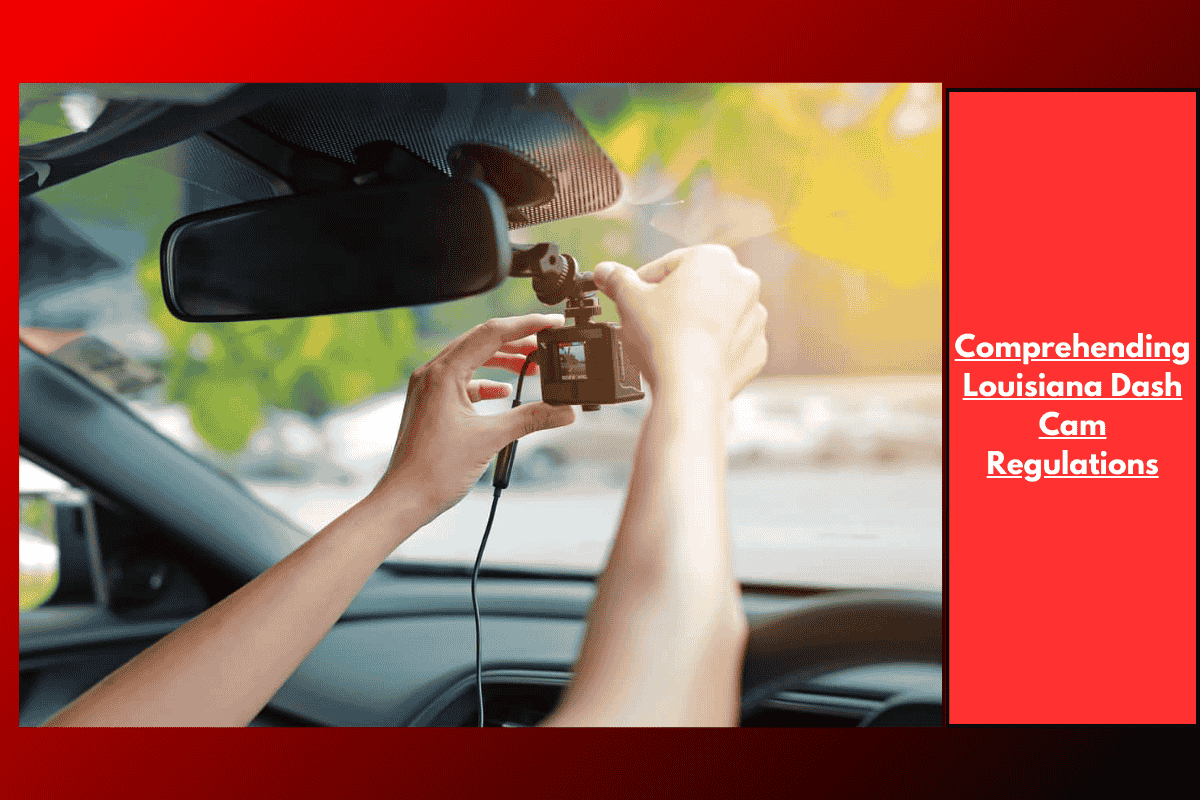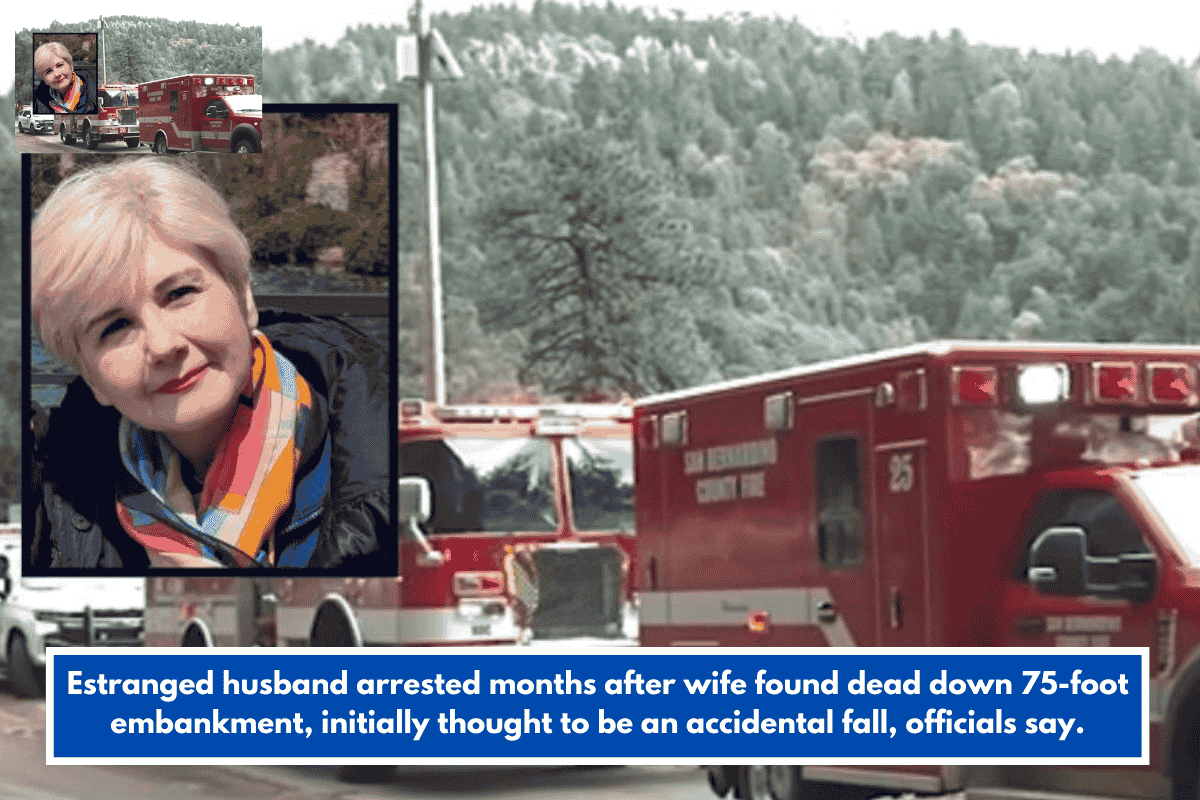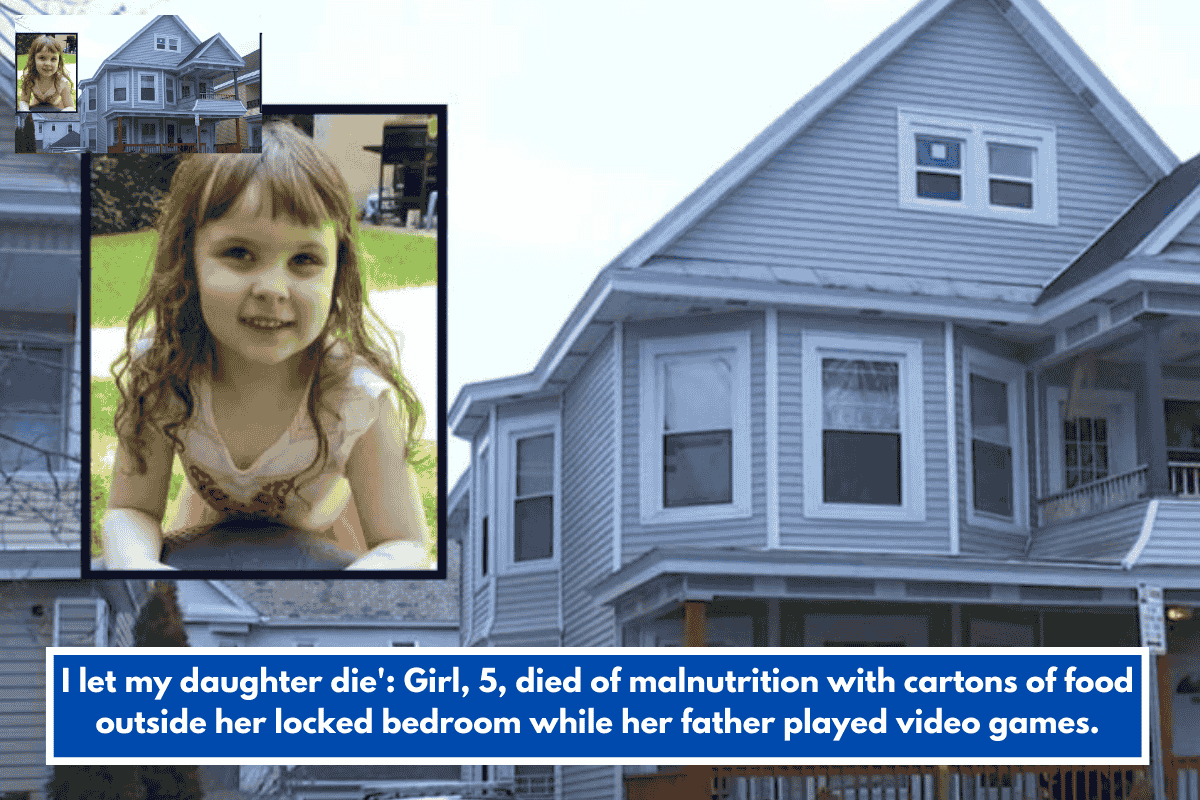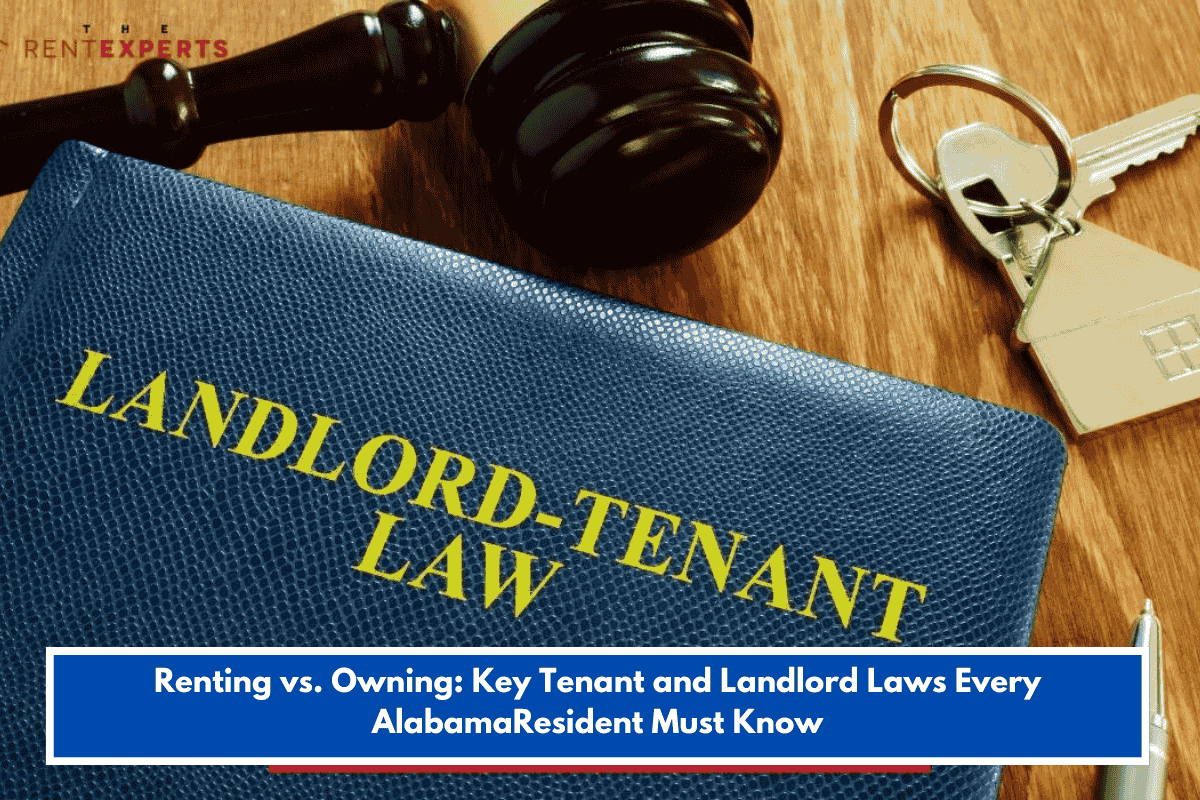Dash cams have become increasingly popular among drivers in the United States. They are useful for recording incidents, providing evidence in the event of accidents, and even capturing beautiful scenic drives. However, if you’re planning to use a dash cam in Louisiana, it’s important to understand the state’s regulations surrounding these devices to ensure you are legally compliant. Here’s what you need to know about dash cam regulations in Louisiana.
Are Dash Cams Legal in Louisiana?
Yes, dash cams are legal in Louisiana. There are no state laws specifically prohibiting the use of dash cams, and you are allowed to install one in your vehicle. In fact, dash cams can be a helpful tool for drivers as they provide valuable footage that can be used as evidence in the case of an accident or legal dispute.
What Do You Need to Know About Recording While Driving?
While it’s legal to use a dash cam in Louisiana, there are specific guidelines and restrictions when it comes to recording video or audio:
Video Recording:
Public Places: In general, recording video in public spaces is allowed, including recording the view through your windshield. Louisiana law does not impose any restrictions on recording video of public spaces, such as roads, highways, and intersections, as these are open areas.
Private Property: However, if you plan to record in private areas (e.g., inside private properties or businesses), be sure that you have the owner’s permission. The law prohibits video recording of private property without consent, especially in private spaces like homes or inside buildings.
Audio Recording:
Louisiana is a “one-party consent” state when it comes to audio recording. This means that you can legally record conversations (including conversations inside your car) as long as one party involved in the conversation (you, the driver) is aware that the conversation is being recorded.
If you are recording conversations involving people outside your car, such as pedestrians, passengers, or other drivers, you must ensure that at least one party consents to the recording. This is an important consideration when using a dash cam with audio recording capabilities.
Expectations of Privacy:
Louisiana law protects individual privacy rights, and there is an expectation that you cannot record conversations or video in places where people have a reasonable expectation of privacy (e.g., private residences). Make sure your dash cam does not record private conversations or events inside other people’s vehicles or homes without permission, as this could violate privacy laws.
Dash Cam Placement and Visibility
When installing a dash cam in Louisiana, be mindful of how it is positioned in your vehicle:
Windshield Obstruction:
Louisiana law requires that a driver’s view of the road is not obstructed by devices placed on the windshield. Therefore, the dash cam should be mounted in a way that does not block the driver’s view or impede the functionality of the windshield wipers or defrosters.
Typically, dash cams are placed on the windshield behind the rearview mirror or along the dashboard in the lower corners of the windshield to avoid obstructing the driver’s line of sight.
Avoiding Interference with Airbags:
Make sure that the installation of the dash cam does not interfere with airbags or other safety devices in your vehicle. This is important for your safety and to ensure that the camera’s presence doesn’t violate any vehicle safety regulations.
When Can Dash Cam Footage Be Used as Evidence?
Dash cam footage in Louisiana can be used as evidence in a variety of situations:
Accidents: If you are involved in an accident, dash cam footage can be crucial for proving who was at fault. Having a clear, time-stamped record of the incident could help resolve disputes, especially in cases where there is no clear witness testimony.
Traffic Violations: Dash cam footage can be used to support claims of unfair traffic stops or violations, providing you with a way to challenge wrongful tickets or prove your innocence in a traffic-related incident.
Insurance Claims: Insurance companies may accept dash cam footage as evidence when processing claims, especially if the footage helps determine the cause of an accident or dispute liability.
Legal Protection: In some cases, dash cams can offer legal protection by recording interactions with law enforcement or documenting situations that could lead to civil disputes.
Does Louisiana Require Dash Cams for Certain Vehicles?
Unlike some states that require specific types of vehicles (such as commercial trucks or ride-sharing vehicles) to have dash cams installed, Louisiana does not mandate dash cams for any vehicles. However, using a dash cam can be beneficial for protecting yourself in case of accidents, legal disputes, or insurance claims.
Privacy and Public Recording Considerations
It’s important to respect the privacy of others while using a dash cam in Louisiana. While you’re legally allowed to record in public spaces, you should avoid filming or recording people’s private activities or conversations, especially in places where they have a reasonable expectation of privacy. If your dash cam has audio recording capabilities, always be cautious when recording conversations with people outside your vehicle, as this can be subject to legal restrictions.
In Louisiana, dash cams are legal to use in your vehicle, and they can be a valuable tool for documenting events, providing evidence in accidents, and protecting yourself legally. While video recording in public spaces is typically allowed, be mindful of privacy laws when it comes to audio recording and the placement of the camera. Always install your dash cam in a way that does not obstruct your view or interfere with the vehicle’s safety features. With the proper precautions, a dash cam can be a useful device for any driver.
SOURCES
[1] https://www.ddpai.com/blog/dash-cam-laws/
[2] https://www.charbonnetlawfirm.com/car-accidents/dash-cam-footage-louisiana-accident/
[3] https://law.justia.com/codes/louisiana/revised-statutes/title-40/rs-40-2552/
[4] https://www.expertmarket.com/dash-cams/dash-cam-laws-by-state
[5] https://matrackinc.com/dash-cam-laws-by-states/














